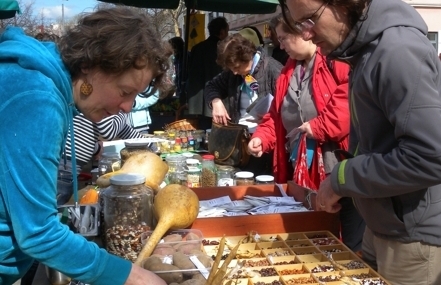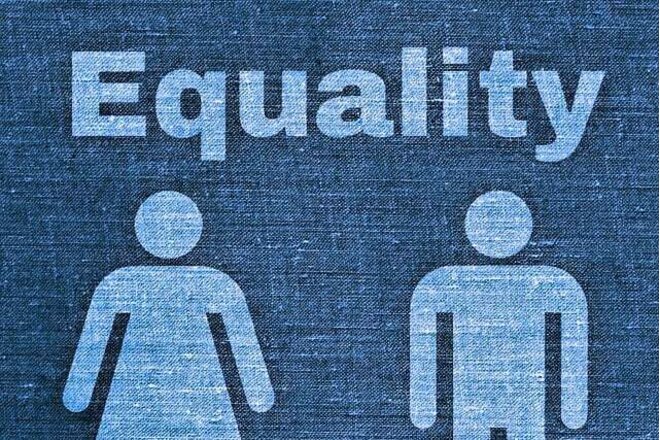06/06/2013, 00:55
Breaking News -- EU Seed Legislation
On the 13th of June, the EU Commission will hold a conference in Brussels with the EU Parliament and EU Council to explain the package “smarter rules for safer food“; on seed marketing, plant pests, animal health and related official controls. The main lobby organization of the seed industry has already written a letter to MEPs:
www.seed-sovereignty.org/PDF/ESA_to_EU_Parliament.pdf
They are very satisfied with the proposal. This should alarm us!
They write “The proposals of the European Commission … pave the way for establishing a modern, dynamic, harmonised and simplified legal framework for seed.”
What does this mean?
In this context ”modern” means: the law is made for the demands of the seed industry, and for the production of high input/yield varieties, dependent on fertilizers, pesticides and other chemicals in order to grow and give a good harvest. More and more they use “modern” biotechnology, which are not classified as “classic” genetic manipulation, and so don't require special labeling. We demand transparency in breeding methods!
“Dynamic” probably refers to the many delegated acts, more than 30. With these delegated acts the Commission reserves the right to change the details of the legislation at a later date by committee vote. The ESA itself correctly calls the proposal a “legal framework for seed”. We demand the EU Parliament should vote on the final law now! They should not adopt a legal framework that is later defined by industry dominated committees.
“Harmonised” must refer to the fact that this law will be enacted simultaneously in all EU states. This is for the benefit of transnational corporations of the seed and agrochemical industries; they want to sell to a common market. We demand the EU states have the final say to adapt the law to local demands of agriculture and horticulture.
The ESA welcomes the alleged “farmers’ access to the best plant varieties to improve their productivity”. We question the idea that the varieties of the seed industry are the best. They are the ones adopted to agrochemicals and to industrial agriculture and processing of food. These are not best adopted to local soil and climate, not best adopted to small scale agriculture or to the demands of the tastes of people. The ESA does not tell us the true costs of their industrial seed production: the farmers loss of ability to produce seeds and other propagating material by themselves, the loss of fertility of soil and the loss of the fauna and flora in the forests and fields through the use of agrochemicals.
We demand farmers and gardeners should be able and allowed to produce their own seeds and propagating material, without any restrictions and without any mandatory registration of operators, without any mandatory registration of plant varieties and without any mandatory registration of seed lots!
You don't need such a restrictive and bureaucratic legislation to produce healthy seed of high quality, even the seed industry doesn't need that, do they? That the ESA welcomes the proposals shows how unsure they are of their own seeds. They are afraid of free competition with farmers seeds, with ecological seeds and with seeds of diversity. ESA demands this restrictive and bureaucratic legislation, because the administrative burdens can only be covered by seed multinationals with their huge sales volume of seeds of their varieties. By this way the proposed seed legislation is strengthening the already alarming concentration in the seed market.
The cheer of the ESA is an alarm signal for peasant seed production, for breeding of organic varieties and for the preservation and development of seeds of variety.
Sincerely
Andreas Riekeberg
Campaign for Seed-Sovereignty
www.seed-sovereignty.org/EN/
P.S.: Please forward this link to friends to sign the petition www.openpetition.de/petition/online/seed-diversity-under-threat-no-european-seed-regulations-for-the-benefit-of-the-seed-industry#googtrans(de%7Cen) (including the brackets)



